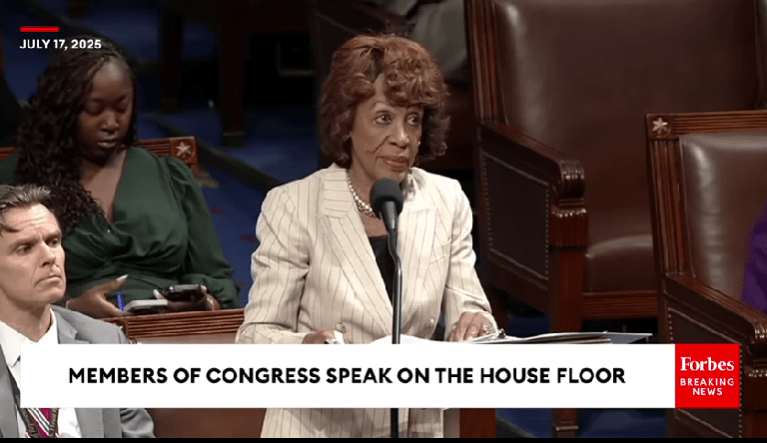According to Reuters, the U.S. House of Representatives decisively passed the groundbreaking (GENIUS Act) on Thursday with a vote of 308 to 122, marking the first time Congress has approved comprehensive stablecoin legislation and sending this historic bill to President Donald Trump for signing.
The bill establishes a federal regulatory framework for the $250 billion stablecoin market, requiring issuers to maintain 100% high-quality liquid asset reserves, undergo monthly audits, and register with federal or state regulators. The bill received strong bipartisan support, with 206 Republicans and 102 Democrats backing the measure.
"This is a watershed moment for the digital asset industry," said Steven Goldfeder, co-founder and CEO of Offchain Labs and creator of Arbitrum, to Blockhead. "Goldfeder said, 'The biggest benefit is clarity—it eliminates a lot of the legal ambiguities that have been hindering institutional entry.'
This vote concluded a tumultuous "crypto week," as conservative Republicans initially obstructed the legislation before reaching an agreement with President Trump. Earlier this week, House Speaker Mike Johnson had to cancel a parliamentary vote after a dozen conservatives launched a procedural revolt, demanding that the stablecoin bill be packaged with broader crypto legislation.
The drama subsided after holdouts met with Trump at the White House, where they ultimately agreed to move the (GENIUS Act) as a standalone bill while bundling the ban on central bank digital currencies with the annual defense authorization bill.
The regulatory framework is taking shape
Under the new framework, stablecoin issuers must choose between federal licensing from the Office of the Comptroller of the Currency or state-level oversight. The legislation stipulates that issuers must back their tokens with cash, Treasury bills, or other approved high-quality assets, and require monthly third-party audits to verify reserves.
The bill also prohibits algorithmic stablecoins—digital tokens that maintain their peg through code rather than asset backing—which lost $60 billion in value following the collapse of TerraUSD in 2022.
"Omar Elassar, head of global strategic partnerships at Animoca Brands, said in a comment to Blockhead: 'Markets like the UAE have already proven that well-defined rules can accelerate innovation and adoption.' With the U.S. now aligned, we are entering a phase where stablecoins can not only support Web3 but also the future of global finance.'
The industry celebrates, while critics worry
The cryptocurrency industry poured significant funds into candidates supporting cryptocurrency during the 2024 election, praising the legislation as a validation of their lobbying efforts. The House also passed the (CLARITY Act), which delineates the regulatory authority of the U.S. Securities and Exchange Commission (SEC) and the U.S. Commodity Futures Trading Commission (CFTC) over digital assets and sent it to the Senate.
However, Democratic critics expressed concerns about potential conflicts of interest and insufficient consumer protections. Maxine Waters, the top Democrat on the House Financial Services Committee, warned that the legislation is inadequate.
"Waters said during the debate, 'By passing this bill, Congress will send a message to the world that it can tolerate corruption and allow foreign companies to buy influence.'

Some Democrats have also expressed concerns about the Trump family's investments in cryptocurrencies, as reports suggest that the family's wealth has increased by billions of dollars as the government relaxes cryptocurrency regulations. The White House denies any conflicts of interest, stating that Trump's assets are held in a trust managed by his children.
Market impact
The passage of the legislation is expected to unleash a significant amount of institutional capital that has been waiting on the sidelines for regulatory clarity. Due to regulatory uncertainty, large financial institutions have been hesitant to enter the stablecoin space, but the new framework provides the compliance structure they have been seeking.
The bill's implications extend beyond stablecoins and could accelerate the integration of digital assets with traditional finance. With clear rules, banks, brokers, and other financial institutions can begin developing crypto products and services without fearing enforcement actions.
Last month, the Senate overcame initial Democratic objections and approved stablecoin legislation. With President Trump’s support and overwhelming approval from the House of Representatives, the (GENIUS Act) is expected to be signed into law in the coming days, solidifying the U.S. position as the global leader in digital asset regulation.


